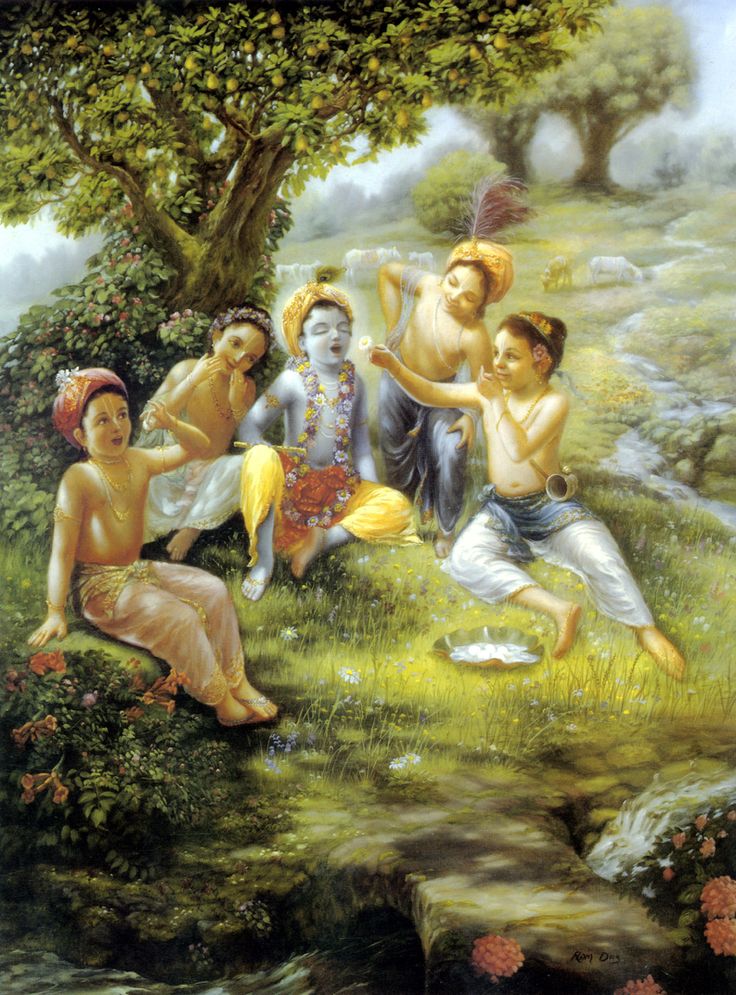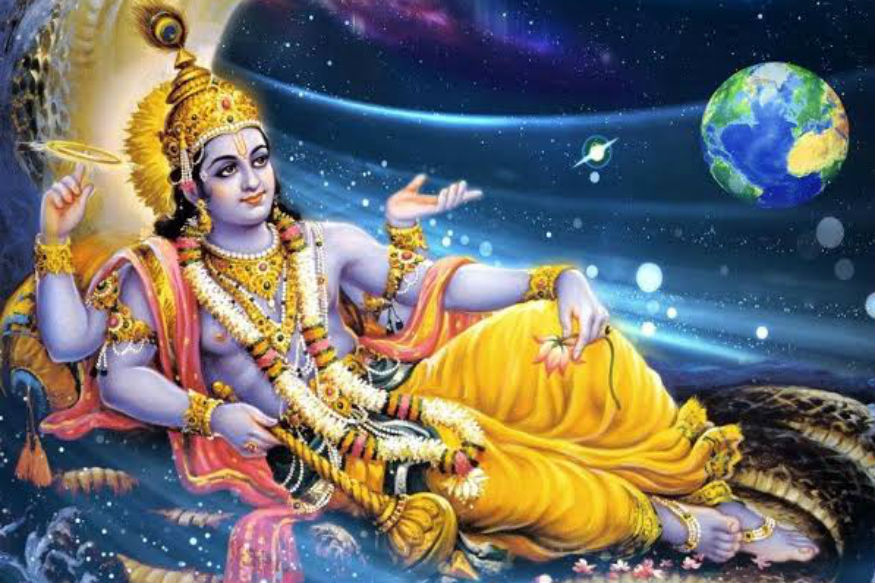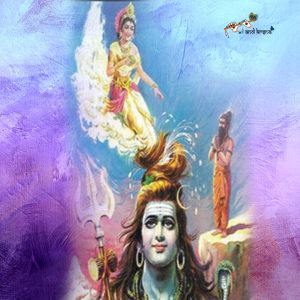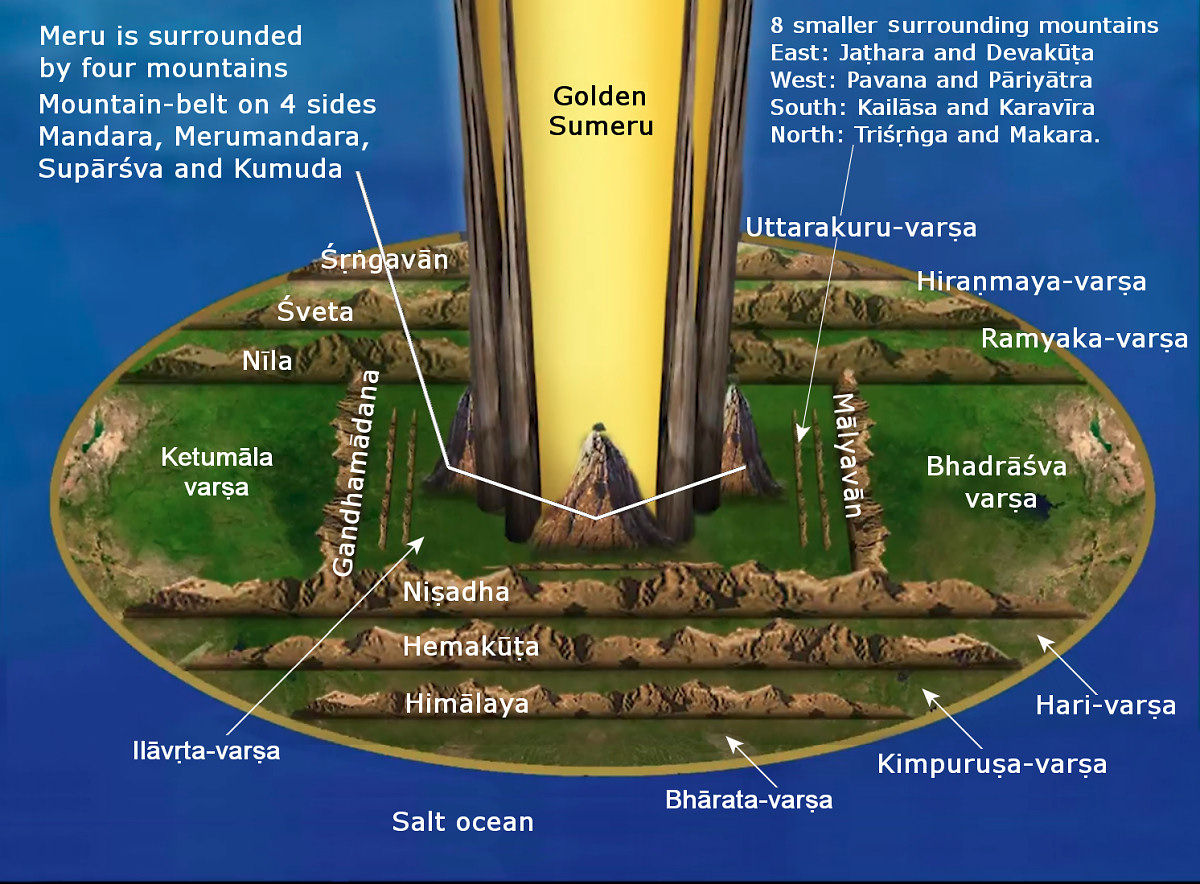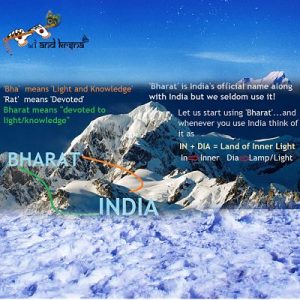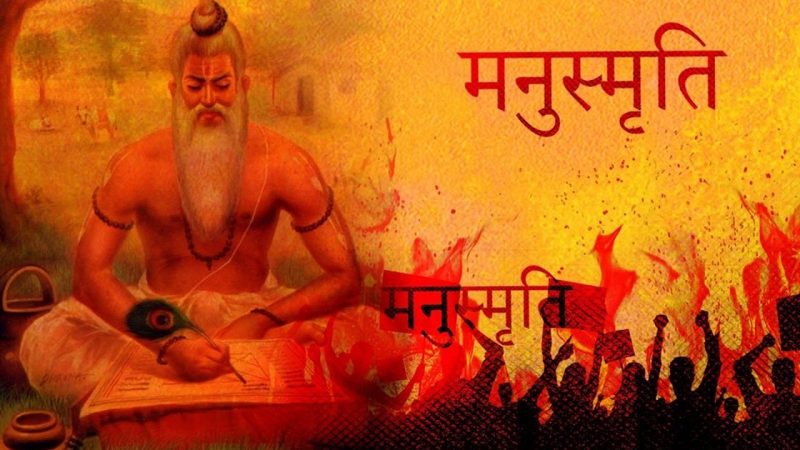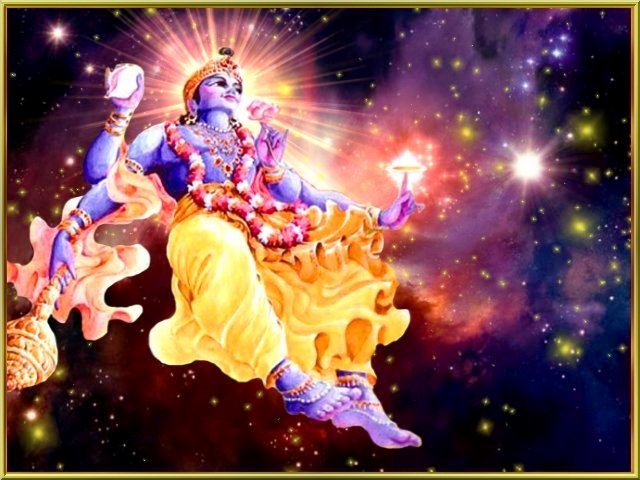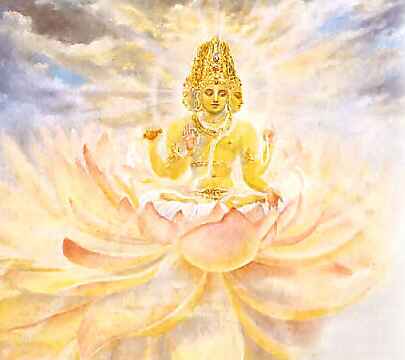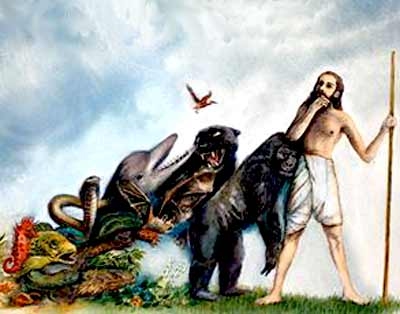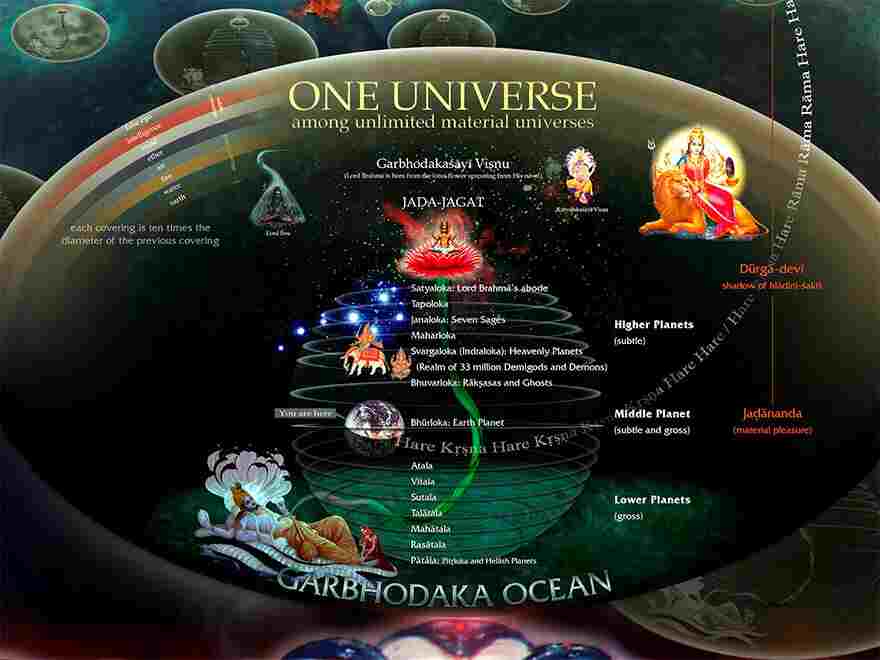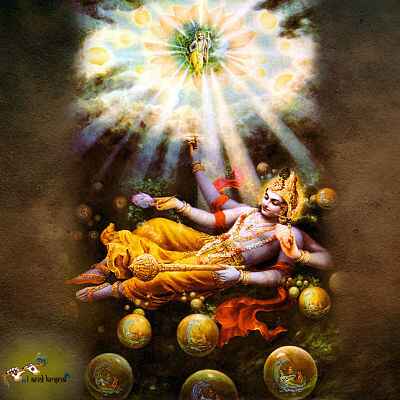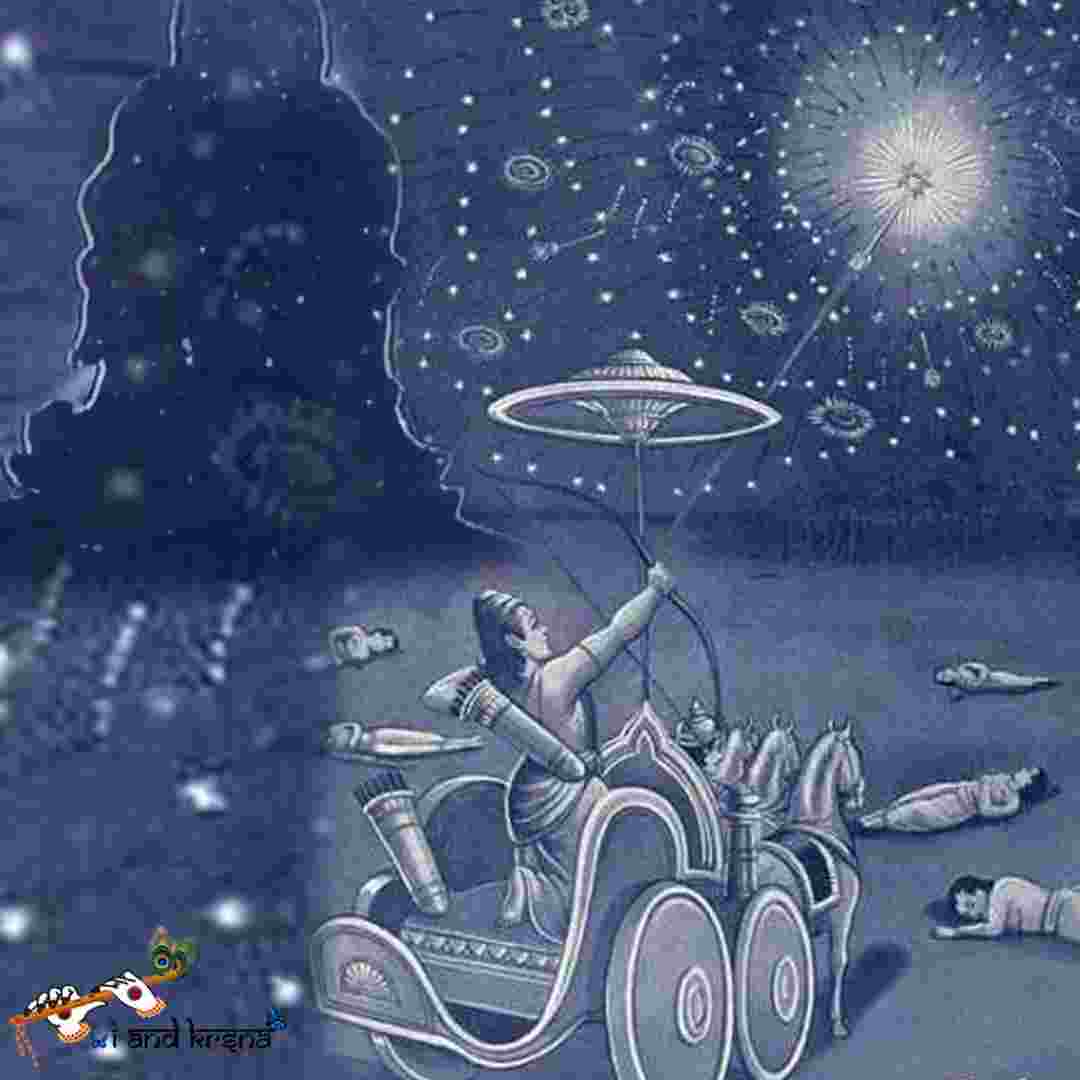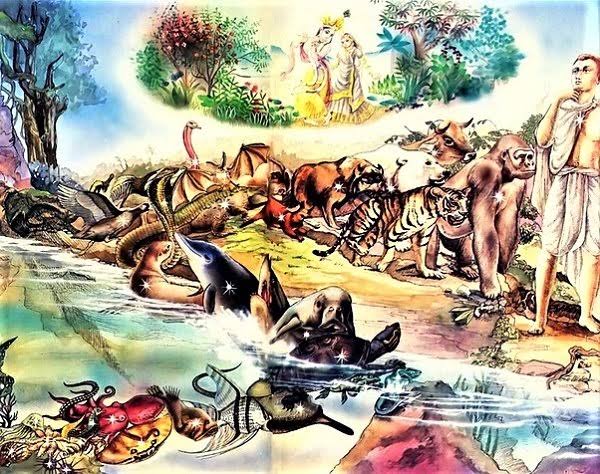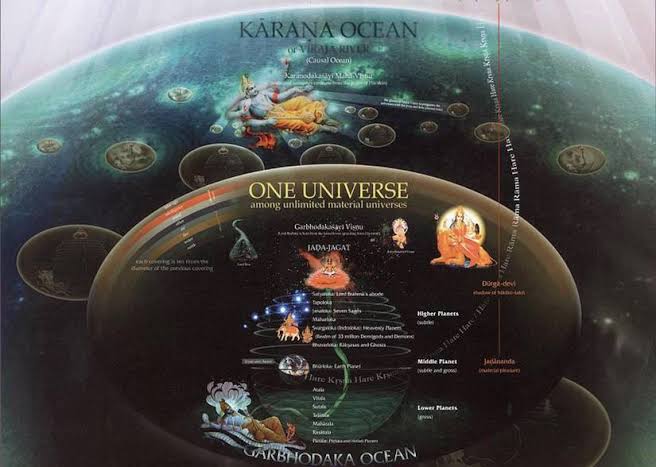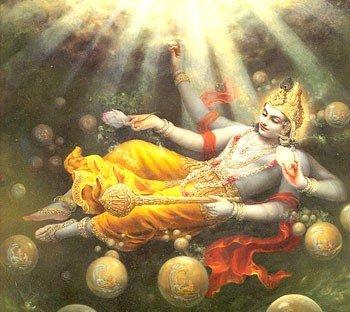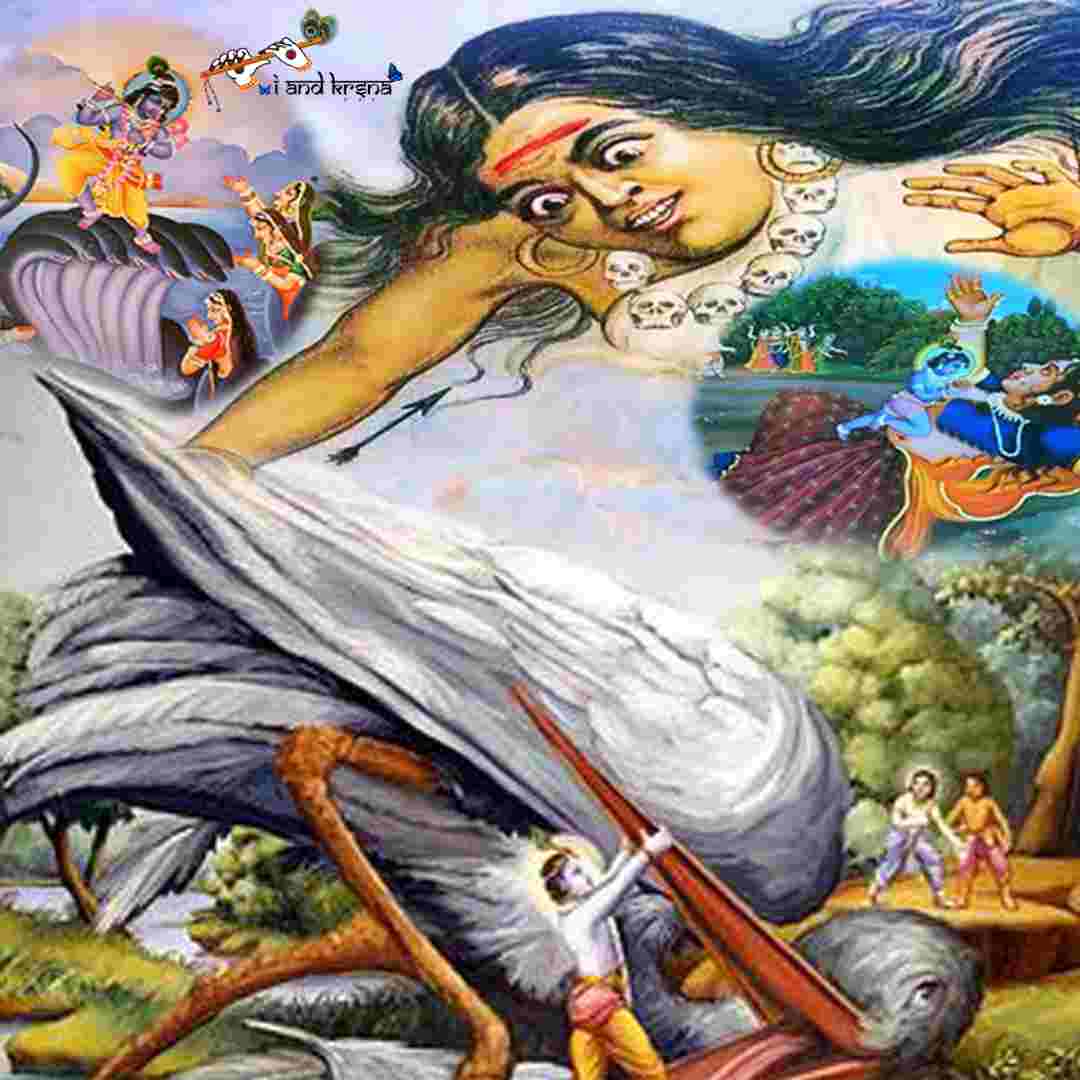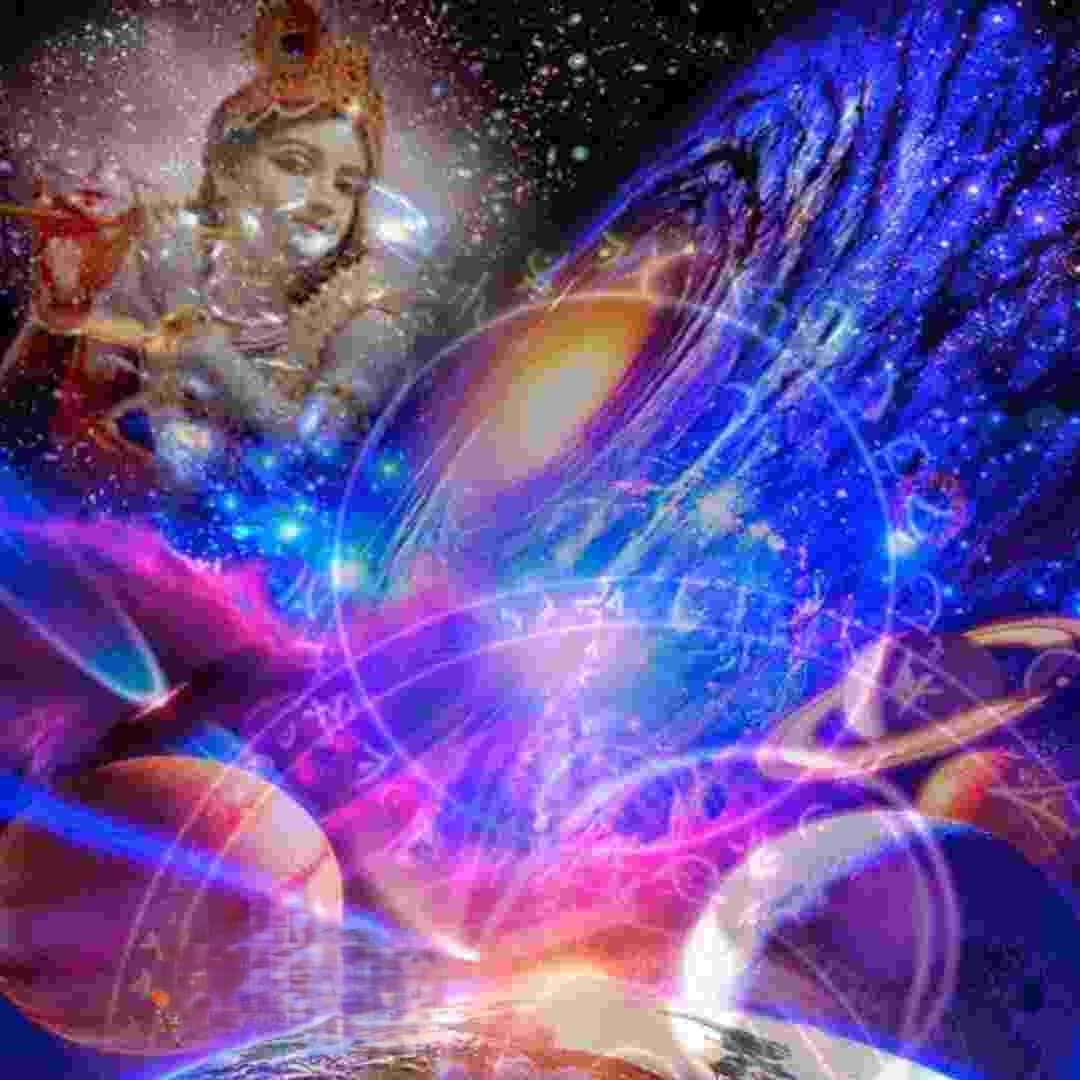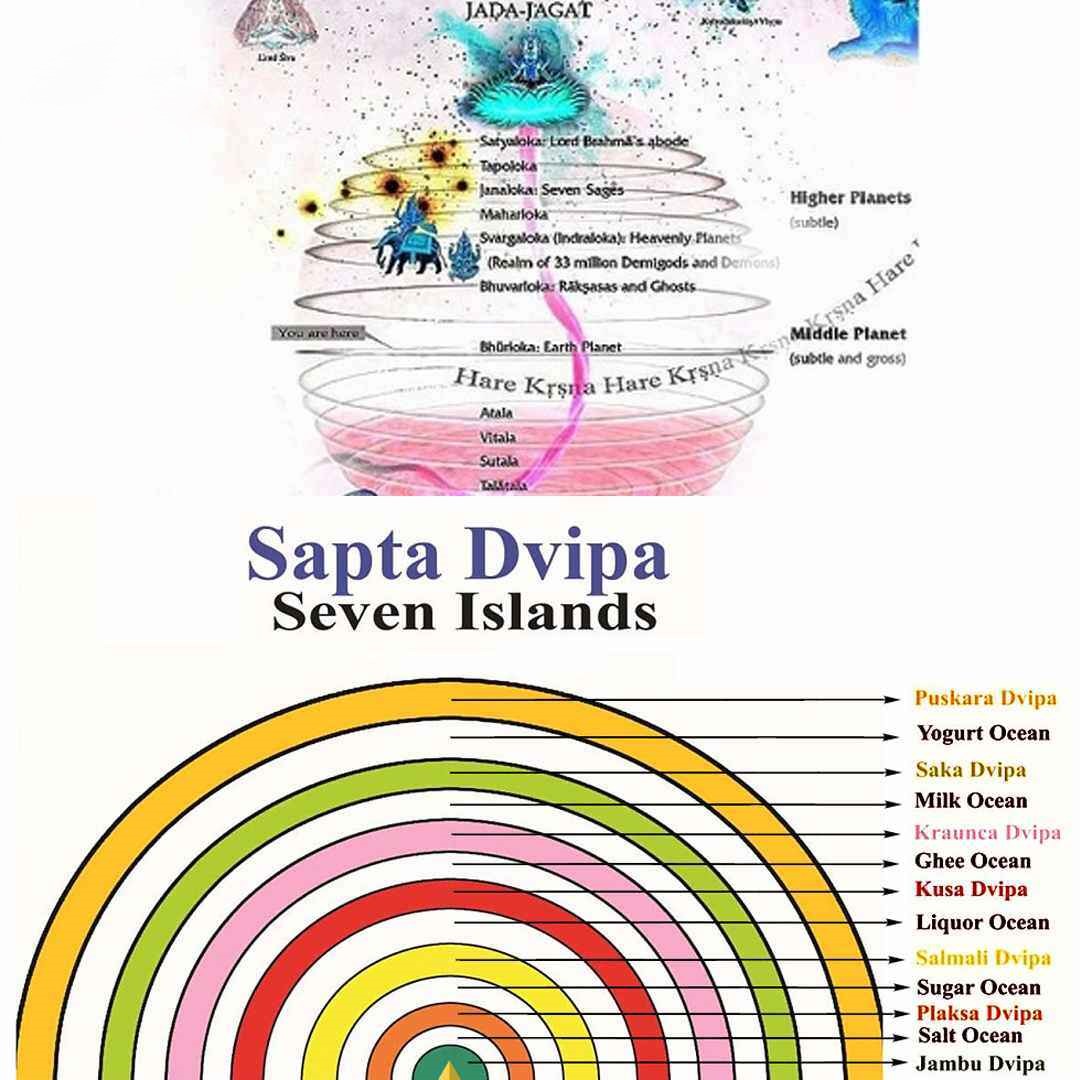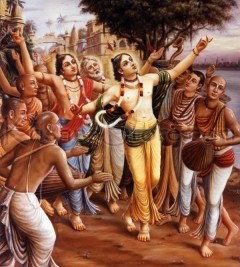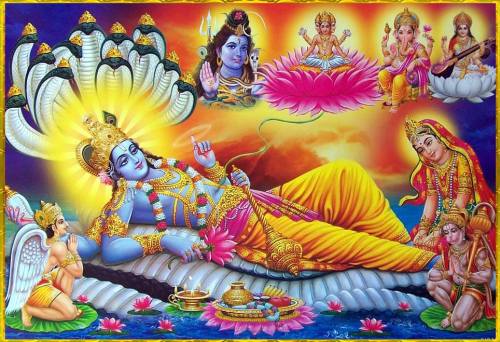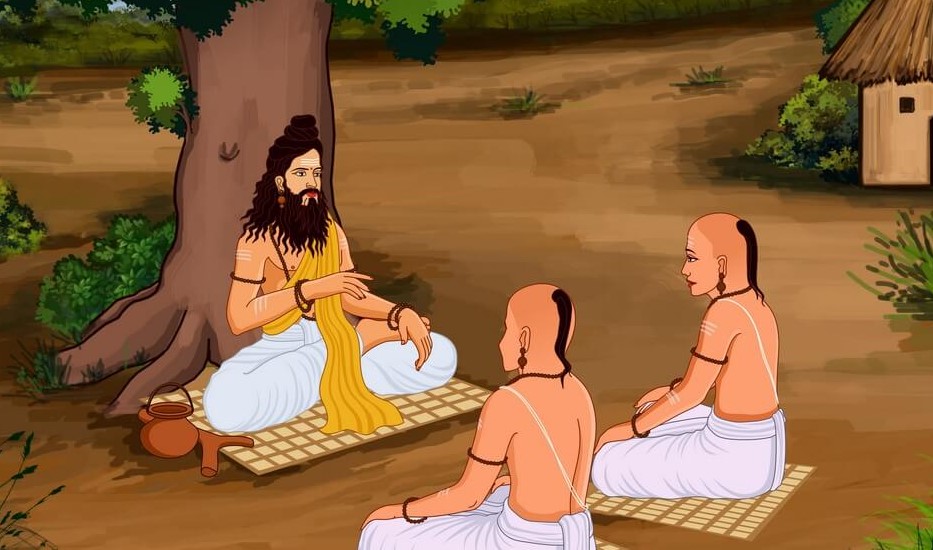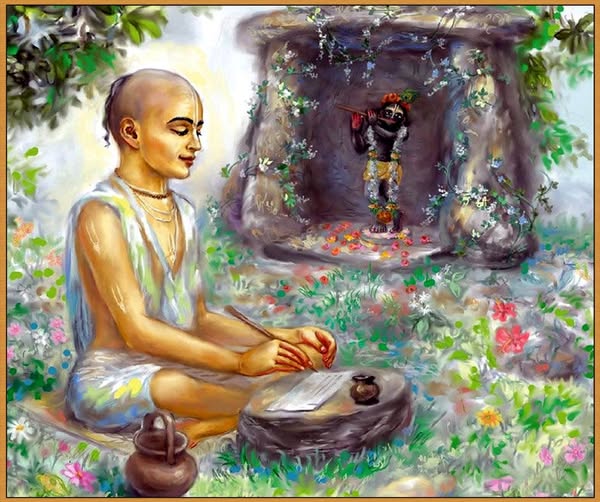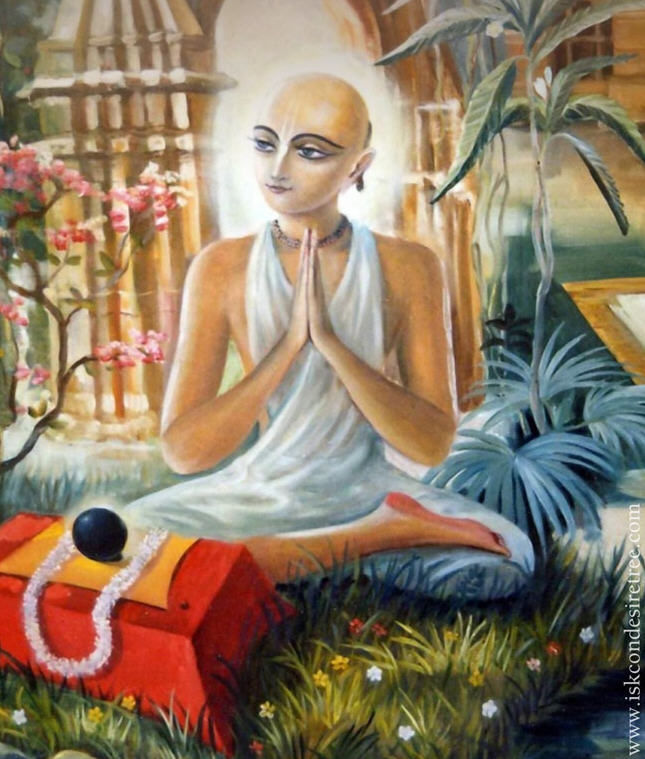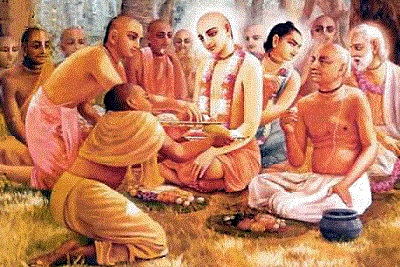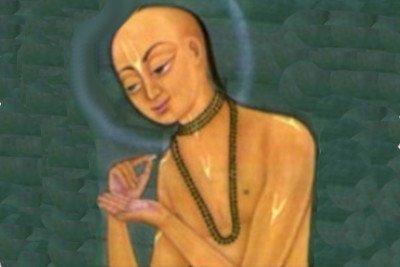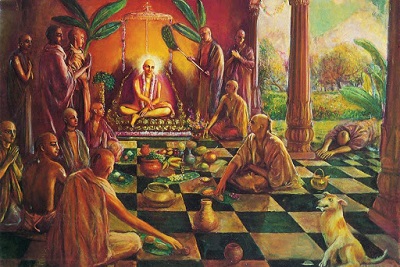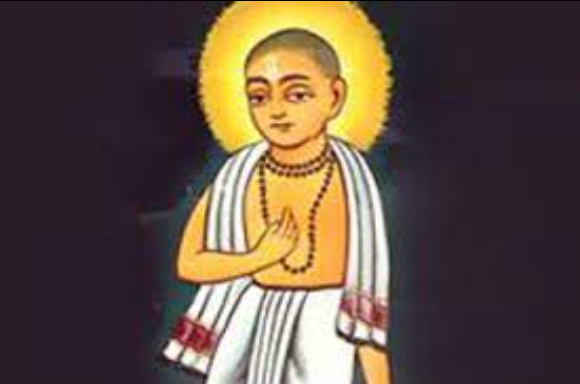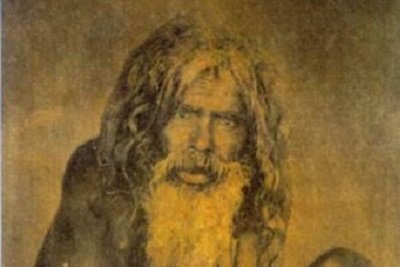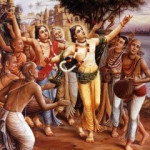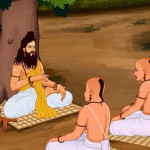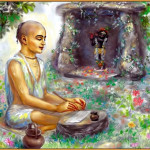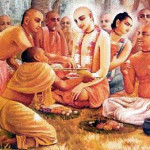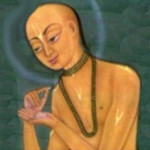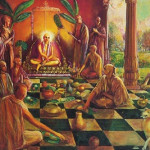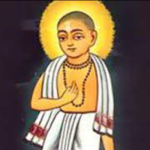The arrangement for sense gratification is ultimately meant to bring the living entities to the single purpose of going back to Godhead.
“The three general divisions of material life are called deva, tiryak and nara — that is, demigods, subhuman creatures and human beings. In the various species of life there are various facilities for material sense gratification. Different species are distinguished by differently formed senses, such as the genitals, nostrils, tongue, ears and eyes. Pigeons, for example, are given the facility for almost unlimited sex. Bears have an ample opportunity for sleeping. Tigers and lions exhibit the propensities for fighting and meat-eating, horses are distinguished by their legs for swift running, vultures and eagles have keen eyesight, and so on. The human being is distinguished by his large brain, which is meant for understanding God.
The phrase sva-mātrātma-prasiddhaye is very significant in this verse. The word sva indicates possession. All living beings belong to the Supreme Lord (mamaivāṁśo jīva-loke jīva-bhūtaḥ sanātanaḥ). Therefore according to this verse they have two options — mātrā-prasiddhaye and ātma-prasiddhaye.
Mātrā refers to the material senses, and prasiddhaye refers to effective accomplishment. Therefore mātrā-prasiddhaye means “efficiently engaging in sense gratification.”
On the other hand, ātma-prasiddhaye refers to Kṛṣṇa consciousness. There are two categories of ātmā — the jīvātmā, or ordinary living entity, who is dependent, and the Paramātmā, the supreme living entity, who is independent. Some living entities desire to understand both categories of ātmā, and in this verse the word ātma-prasiddhaye indicates that the material world is created to give those living entities the opportunity to achieve such an understanding and thus return to the kingdom of God, where life is eternal and full of bliss and knowledge.
Śrīla Śrīdhara Svāmī confirms this by quoting a verse from the veda-stuti of Śrīmad-Bhāgavatam (10.87.2):
buddhīndriya-manaḥ-prāṇān janānām asṛjat prabhuḥ
mātrārthaṁ ca bhavārthaṁ ca ātmane ’kalpanāya ca
“The Lord created the intelligence, senses, mind and vital air of the living beings for sense gratification, for performing sacrifices to attain higher births, and ultimately for offering sacrifices to the Supreme Soul.”
According to Śrīla Jīva Gosvāmī, the actual purpose of the Lord’s creation is only one: to facilitate the advancement of devotional service to the Lord Himself. Although it is stated that the Lord facilitates sense gratification, it should be understood that the Supreme Personality of Godhead does not ultimately condone the foolishness of the conditioned souls. The Lord facilitates sense gratification (mātrā-prasiddhaye) so that the living entities will gradually understand the futility of trying to enjoy without Him. Every living entity is part and parcel of Kṛṣṇa. In the Vedic literature the Lord gives a regulative program so that the living beings can gradually exhaust their tendencies to be foolish and learn the value of surrender unto Him. The Lord is undoubtedly the reservoir of all beauty, bliss and satisfaction, and it is the duty of every living entity to engage in the loving service of the Lord. Although there are apparently two purposes for creation, it should be understood that ultimately the purpose is one. The arrangement for sense gratification is ultimately meant to bring the living entities to the single purpose of going back home, back to Godhead.”
Source: A.C. Bhaktivedanta Swami Prabhupada (2014 edition), “Srimad Bhagavatam”, Eleventh Canto, Chapter 03 – Text 03.

